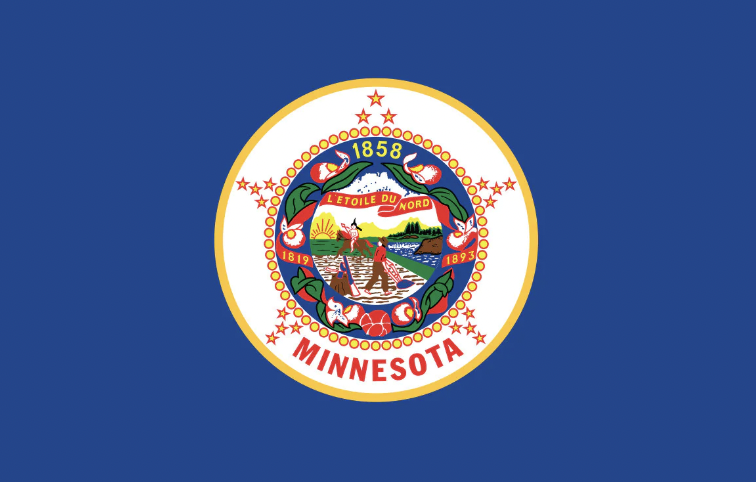On May 30th, 2023, the Governor of Minnesota, Tim Walz, signed HF 100A to legalize recreational marijuana for individuals 21 years and older. As the 23rd state to legalize marijuana within its borders, the new law permits adults to legally possess marijuana on August 1st, 2023. Further, in August, state officials will begin the process of reviewing and expunging tens of thousands of marijuana convictions. Although the decriminalization and expungement efforts will begin quickly, adults in Minnesota will likely not see retail sales of cannabis products until sometime in 2024.
The 300-page bill carves out the new recreational marijuana program and its implementation in “The North Star State.” Pursuant to the new law, the Minnesota Office of Cannabis Management (“OCM”) will oversee the adult-use licensing program to allow applicants to apply for the following type of licenses:
- Microbusiness;
- Mezzobusiness;
- Cultivator;
- Manufacturer;
- Retailer;
- Wholesaler;
- Transporter;
- Delivery Service;
- Testing Facility; and
- Event Organizer
Similar to other states, the application for an adult-use license will require, at a minimum, disclosure of ownership, business plan, ideal facility, security plan, and more. Further, Minnesota will require applicants to provide a Labor Peace Agreement signed by a bona fide labor organization. Pursuant to HF 100A, vertical integration is strictly prohibited, with the exception to microbusinesses or mezzobusinesses, or the issuance of both lower-potency hemp edible manufacturer and lower-potency hemp edible retailer licenses to the same person or entity.
Minnesota’s applications for the various above licenses will be selected through competitive scoring as the OCM has authority to limit the number of licenses to ensure sufficient market supply. Social equity applicants will be given priority points, as well as veterans or retired national guard applicants who do not meet the definition of social equity. A “social equity applicant” is defined as follows:
- was convicted of an offense involving the possession or sale of cannabis or marijuana prior to May 1, 2023;
- had a parent, guardian, child, spouse, or dependent who was convicted of an offense involving the possession or sale of cannabis or marijuana prior to May 1, 2023;
- was a dependent of an individual who was convicted of an offense involving the possession or sale of cannabis or marijuana prior to May 1, 2023;
- is a service-disabled veteran, current or former member of the national guard, or any military veteran or current or former member of the national guard who lost honorable status due to an offense involving the possession or sale of marijuana;
- has been a resident for the last five (5) years of one or more subareas, such as census tracts or neighborhoods, that experienced a disproportionately large amount of cannabis enforcement as determined by the study conducted by the OCM, and reported in the preliminary report, final report, or both;
- is an emerging farmer; OR
- has been a resident for the last five years of one or more census tracts where, as reported in the most recently completed decennial census published by the United States Bureau of the Census, either:
-
- the poverty rate was 20% or more; or
- the median family income did not exceed 80% of statewide median family income or, if in a metropolitan area, did not exceed the greater of 80% of the statewide median family income or 80% of the median family income for that metropolitan area.
-
In contrast to various other legal state markets, Minnesota municipalities will not be able to prohibit the establishment or operation of a licensed cannabis business. However, municipalities may limit the number of licensed retailers, mezzobusinesses with retail operations endorsement, and microbusinesses with retail operations endorsement – no fewer than one (1) registration for every 12,500 residents.
With projected annual cannabis sales to surpass $500 Million by 2027, Minnesota is carving out a lucrative market for those wishing to enter its adult-use marijuana industry. From low excise taxes and reasonable licensing fees to its ideal location as it is bordered by four (4) states that have yet to legalize marijuana, now is the time to work with a Team of experts to start strategizing your competitive application and developing your advantageous business. Contact us today to discuss your options!

